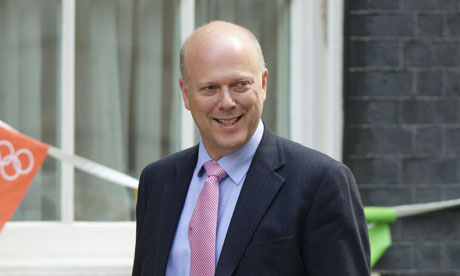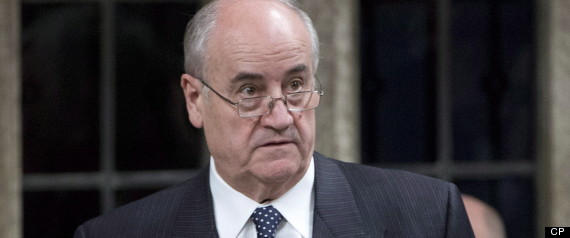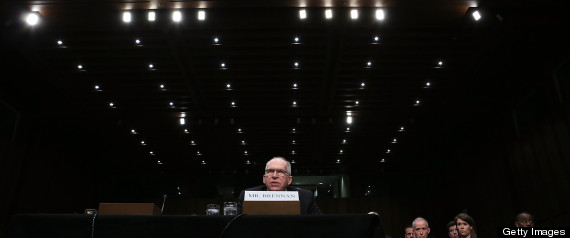OTTAWA — The company behind the Conservative Party’s powerful fundraising and voter-identification machine has been laying off staff and borrowing millions of dollars at high interest rates as it faces an “extremely challenging” cash crunch.
The Toronto-based iMarketing Solutions Group Inc. (iMSGI) last week issued layoff notices to an unspecified number of telephone workers in its call centres across the country.
The company posted a net loss of $3.9 million in the quarter ended last September, citing a downturn in its U.S. business and a “significant decrease” in its Canadian political fundraising and direct voter-contact work.
Under the name Responsive Marketing Group (RMG), the company performed the Conservatives’ voter-contact operations during the last election and was also hired to make calls for the campaigns of 90 Conservative candidates. RMG continues to work as the party’s telemarketing fundraiser.
The Tories have excelled at fundraising through the dexterous use of databases of known and likely supporters willing to make small donations when contacted by phone by RMG.
RMG has provided similar services to the Ontario Progressive Conservatives, the Wildrose Party in Alberta, the Saskatchewan Party and the B.C. Liberal Party.
But iMSGI is now cutting back on cold-calling to raise money for its roster of mostly conservative political clients, instead focussing on higher-yield calls to likely donors, according to a letter obtained by the Ottawa Citizen.
The letter from iMSGI’s human resources director Stephanie Hornby to laid off staff members said that “circumstances relating to economic pressures has resulted in iMarketing Solutions Group Inc. (iMSGI) to (sic) make the decision to temporarily cease new donor acquisition calling and focus resources on retention calling and high value house-calling.”
Calls soliciting new donors are less profitable for call centres than “retention” calls to people who have given money in the past.
“The nature of our business often necessitates ramping work up and down based on business requirements,” Chief Executive Officer Andrew Langhorne said in an email on Friday.
“While some of our employees have received a short term layoff notice, we are also currently hiring employees in some centres for new projects.”
Langhorne said the company would continue to “streamline” its operations to better serve its customers.
He did not respond to a follow-up email about how many were laid off, or where.
What the company’s struggles mean for the Conservative Party is unclear. Party spokesman Fred DeLorey said only that the party continues to be an RMG customer.
iMSGI is a product of the 2010 merger of RMG and Calgary’s Xentel Inc., a telemarketing firm with offices across the United States that specialized in charity fundraising.
Until last year, iMSGI was traded publicly on the TSX Venture Exchange, but announced in November it would be voluntarily delisted. Shares in the company now trade between 1 and 2 cents on the alternative Canadian National Stock Exchange, but there has not been a transaction since January.
In a monthly progress report filed with the CNSX in March, iMSGI said it expected to become profitable by the end of the year, but it admitted its “ability to deal with its short term cash requirements continues to be extremely challenging.”
Before it delisted from the TSX-V, iMSGI announced a $3.5 million loan from Shotgun Fund Limited Partnership III, which specializes in “helping private ventures that are experiencing shareholder conflict.”
The Shotgun partnership was already a 27 per cent shareholder in iMSGI at the time of the transaction. iMSGI will pay 20 per cent annual interest on the loan.
The loan is convertible to company shares and would give the Shotgun partnership an 82 per cent stake if fully converted.
Argosy Partners’s Jim Ambrose, who runs the Shotgun Fund, declined to comment on anything do with iMSGI.
RMG was dragged into the controversy over allegedly misleading phone calls in the 2011 federal election when a former call-centre worker from Thunder Bay, Annette Desgagne, said she was concerned she was passing on incorrect information about polling location to voters she called.
Her testimony was entered into evidence when the Council of Canadians launched a Federal Court challenge of election results in six ridings, based on misleading phone calls.
The company denied Desgagne’s allegations, saying it made get-out-the-vote calls only to identified Conservative supporters and would have made no sense to pass on incorrect information. Langhorne swore an affidavit rebutting Desgagne’s claims in detail and underwent lengthy cross-examination by the Council of Canadians lawyer.
Original Article
Source: ottawacitizen.com
Author: GLEN MCGREGOR
